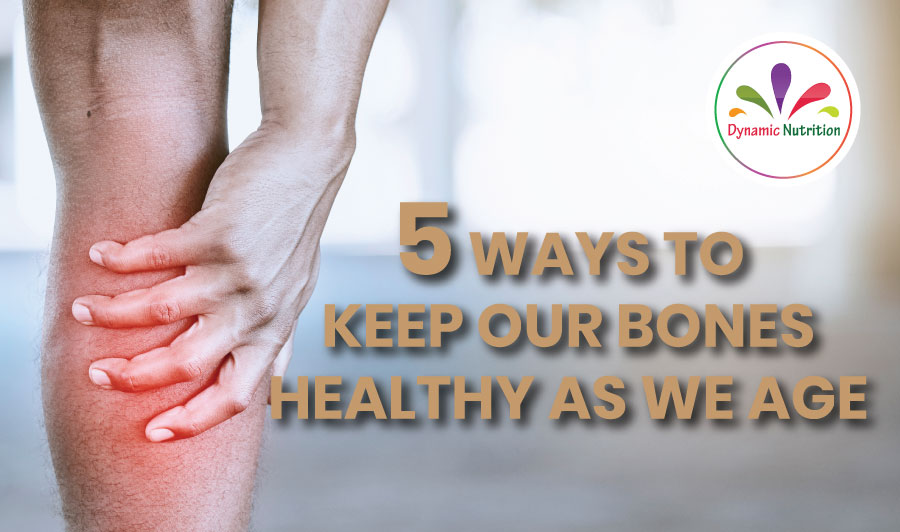 Just like everything else, our bones change with age. As we age, it’s normal to notice small changes. A few more wrinkles. A little gray hair. But most of us don’t realize the effect aging has on our skeletal systems.
Just like everything else, our bones change with age. As we age, it’s normal to notice small changes. A few more wrinkles. A little gray hair. But most of us don’t realize the effect aging has on our skeletal systems.
How Bones Change?
The body naturally removes old bone and replaces it with new bone. When you are young, bone is replaced much more quickly than it is lost. This is when you are building stronger and denser bones. Around age 30, most people reach their peak bone mass.
After reaching peak bone mass, your body replaces about as much as it loses for a while. But around age 40, less bone is replaced. And this causes the bones to become thinner and weaker, increasing the risk for osteoporosis.
Bone is living tissue. As we age, the structure of bone changes and this results in loss of bone tissue. Low bone mass means bones are weaker and places people at risk of breaks from a sudden bump or fall.
Bones become less dense as we age for a number of reasons, including:
- An inactive lifestyle causes bone wastage.
- Hormonal changes in women – menopause triggers the loss of minerals in bone tissue.
- Hormonal changes in men – the gradual decline in testosterone leads to the later development of osteoporosis.
- Bones lose calcium and other minerals.
What can I do to keep my bones healthy?
1. Include plenty of calcium in your diet
For adults ages 19 to 50 and men ages 51 to 70, the Recommended Dietary Allowance (RDA) is 1,000 milligrams (mg) of calcium a day. The recommendation increases to 1,200 mg a day for women age 51 and older and for men age 71 and older.
Good sources of calcium include dairy products, almonds, broccoli, kale, canned salmon with bones, sardines and soy products, such as tofu. If you find it difficult to get enough calcium from your diet, you can take a natural food based calcium supplements.
Avoid synthetic calcium as it could bring harm rather than help.
2. Eat a balanced diet with Vitamin D and Zinc
Your body needs vitamin D to absorb calcium. Good sources of vitamin D include oily fish, such as salmon, trout, whitefish and tuna. Additionally, mushrooms, eggs and fortified foods, such as milk and cereals, are good sources of vitamin D. Sunlight also contributes to the body’s production of vitamin D.
Zinc is an essential mineral that is required for normal skeletal growth and bone regeneration. Dietary zinc intake have an essential role in preventing osteoporosis. The best sources of zinc are high protein foods like seafood and red meat. For vegetarians, pumpkin seeds and chick peas are great source of Zinc too.
3. Include physical activity in your daily routine
Most of us know that exercise is good for fitness, but did you know it’s great for bone health, too? Exercise helps stimulate the cells responsible for building bones. But not just any exercise will do. To promote bone health, try doing weight-bearing and resistance exercises 3 or 4 days a week.
Weight-bearing exercises, such as walking, jogging, and climbing stairs, can help you build strong bones and slow bone loss.
4 Protein is important for bone health too
Protein is in every cell in your body, including your bones. Studies have shown that eating protein increases bone mineral density. The recommended range of protein intake is between 0.8 g/kg and 1.8 g/kg of body weight, dependent on the many other factors.
Our daily protein needs can be calculated with a protein calculator. Protein can be found in animal or non animal food sources.
5. Build healthy life habits
The choices you make, beginning as early as childhood, can affect your bone health in the future. To protect it, consider making the following adjustments to your lifestyle:
- Quit smoking.
- Limit alcohol consumption.
- Maintain a healthy weight.
- Eat a well-balanced diet.
- Stay active.
Smoking in any amounts has a detrimental effect on bone density. Alcohol intake of greater than 900ml per day (or about 2-3 typical drinks) has been shown to increase bone loss.

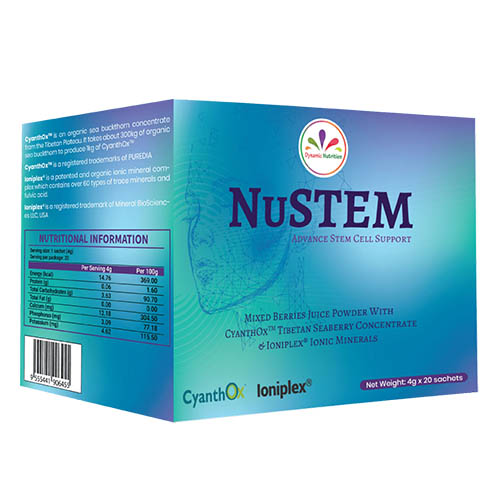
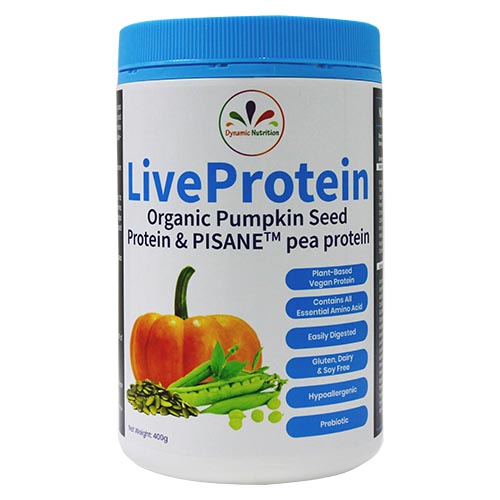

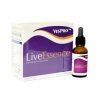



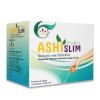
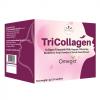
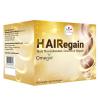

Facebook Comments